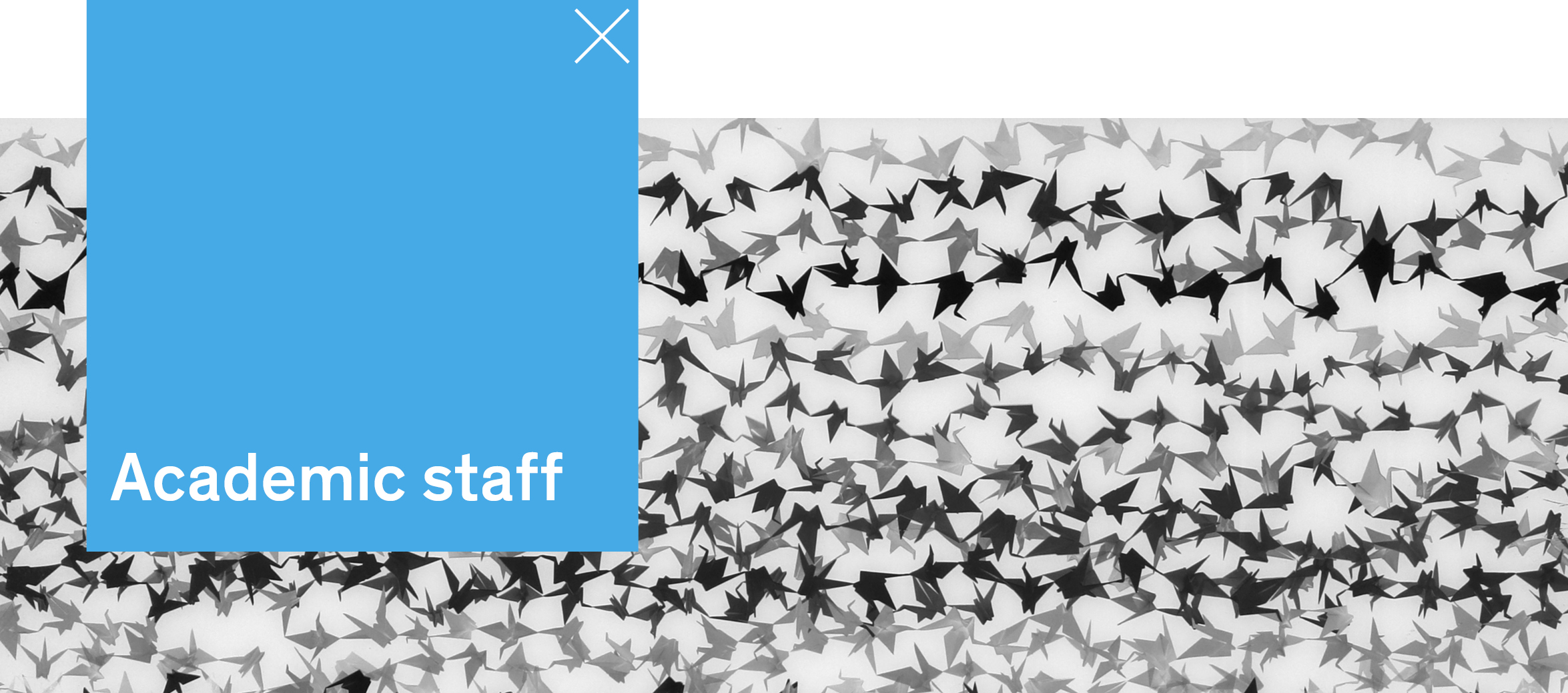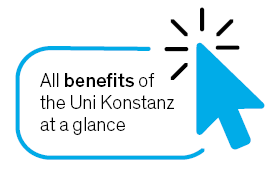


Doctoral position in Theoretical Biophysics
(full-time, salary up to E 13 TV-L)
Reference number 2025/209.
The expected starting date is 01.12.2025. The position is for 3 years. In principle, this position can be divided into two part-time positions.
We are a Cluster of Excellence within the Excellence Strategy of the German Federal and State Governments. Being a cooperation between the University of Konstanz and the Max Planck Institute of Animal Behavior, we use the extensive expertise in the region to create an interdisciplinary environment for the study of collective behaviour that is unique worldwide. "The Centre for the Advanced Study of Collective Behaviour" is dedicated to the study of collective behaviour across a variety of species and across different organizational levels. For more information on the Cluster of Excellence, please visit: Collective Behaviour | exc.uni-konstanz.de.
We are seeking a doctoral student with a quantitative background. Ideally, the candidate should have a master degree in physics but other quantitative backgrounds will be considered. The researcher will be based in the Integrative Biophysics group at the University of Konstanz and Max Planck Institute of Animal Behaviour, located in Konstanz, Germany.
The Integrative Biophysics group at the CASCB led by Dr. Ahmed El Hady. The group focuses on a diverse set of theoretical biophysics problems. The doctoral project is a collaboration between the integrative biophysics research group and the research group of Prof. Ilya Nemenman at Emory University, Altanta, US. The doctoral student will have the opportunity to have research stays at Emory University.
The project summary is as follows:
Project Title: Inferring dynamical interactions in social groups
Project Abstract: Social interactions are one of the most foundational building blocks of group behaviors, shaping decision making strategies across ecologies. Social groups consist of small number of individuals in contrast with collectives that consist of large number of agents. Despite the importance of social groups as a building block of living systems, there is little understanding of mechanistic details of the nature of those social interactions and how they shape emergent social functional properties. This stands in contrast with physics of collectives, which usually focus on the dynamics of very large group of individuals and have been thoroughly studied. In an experimental sys-tem or in field observations tackling social behaviors, we do not know a priori the social forces, nature of those in-teractions and their dynamics. Recent advances in software and hardware allow us to track the behavior of multiple individuals over extended spatio-temporal scales. Thus it is crucial to develop methodologies to infer dynamical social interactions and social forces from experimental observations. This relates closely to work done inferring "social forces" from dusty plasmas1.
Recent theoretical work2 has developed an information theoretic approach to estimate intrinsic motivation, based on maximizing an agent's empowerment (defined as the mutual information between its past actions and future states). This approach can be used to study social behaviours, where individuals choose actions without an explicit reward signal. In this project, we are planning to apply this framework to infer and understand social behaviour of small animal groups specifically locusts, mice and marmosets monkeys offering not only a mechanistic insights into mechanisms of social organization but also make quantitative evolutionary comparison of social behaviours.
1. Yu, Wentao, Eslam Abdelaleem, Ilya Nemenman, and Justin C. Burton. "Physics-tailored machine learning re-veals unexpected physics in dusty plasmas.Proceedings of the National Academy of Sciences 122, no. 31 (2025): e2505725122.
2. Tiomkin, Stas, Ilya Nemenman, Daniel Polani, and Naftali Tishby. "Intrinsic motivation in dynamical control sys-tems.” RX Life 2, no. 3 (2024): 033009.
Your Responsibilities
- Develop and analytically derive models
- Numerical model simulations
- Analyze experimental data.
- Presenting results at local and international conference
- Writing research papers and other publications
Your Competencies
- Master degree in a quantitative field (preferably physics but computer science, applied mathematics, engineering are also considered)
- Strong analytical and mathematical skills
- Relevant experience with statistical mechanics and machine learning techniques are desired
- Very good communication skills and the ability for teamwork
- Strong written and oral communications skills in English
We Offer
- An interesting and challenging job at the heart of exciting research activities with a unique infrastructure and interdisciplinary research community
- Professional infrastructure and support for conducting research
- Ability to work with world-leading scientists on a new and exciting research field
- High flexibility and independence in organizing your own tasks
- A family-friendly university and work environment that values and promotes diversity and equal opportunities
- Opportunities for individual training and development
- Payment in accordance with the TV-L pay scale (up to TV-L E 13)

Please include the following documents:
- Research statement (maximum 2 pages) describing your main scientific interests, how they developed, and how they relate to the proposed research project. Explain what scientific questions most motivate you and why.
- Curriculum vitae (CV)
For more information on the project, please contact Dr. Ahmed El Hady via e-mail: ahmed.el-hady@uni-konstanz.de.
This position is available until filled. For full consideration, please submit your application by 1st November 2025 via our Online Application Portal.
The University of Konstanz is committed to ensuring an environment that provides equal opportunities and promotes diversity, as well as a good balance between university and family life. As an equal opportunity employer, we strive to increase the number of women working in research and teaching. We also support working couples through our dual career programme. Persons with disabilities are explicitly encouraged to apply. They will be given preference if appropriately qualified (contact sbv@uni-konstanz.de, + 49 7531 88-4016).